Patented mattress “helps switch our bodies to relaxed mode”
Stress and back pain blight millions of people’s lives, but Ronen Tuchfeld believes he has a solution.
He’s developed a patented mattress that decompresses the spine without the need to resort to other treatments, or even surgery.
It stimulates the vagus nerve, which controls involuntary functions like heart rate, sweating, and blood pressure, so that it more readily switches to “relaxed mode”.
Users lie completely flat in a prone position with their head in a specially-cut hole so they can breathe slowly and deeply. The mattress has a geometric structure and plates positioned to prevent them from fully sinking in.
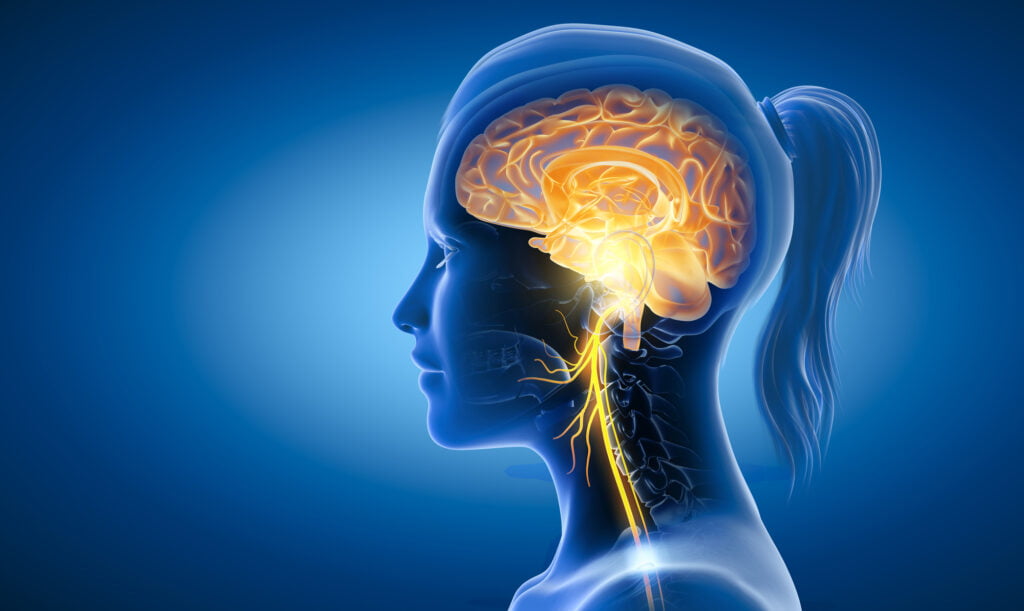
The result, says Tuchfeld, is that the back of their lungs expand fully, activating the vagus nerve.
It can lose its ability to switch back to relaxed mode with age and stress, and reduced vagus nerve function can increase the risk of high blood pressure, heart disease, type 2 diabetes, depression, and anxiety.
In extreme cases such as epilepsy, depression, and stroke rehabilitation, surgeons will implant electrodes in a patient’s neck to stimulate the vagus nerve.
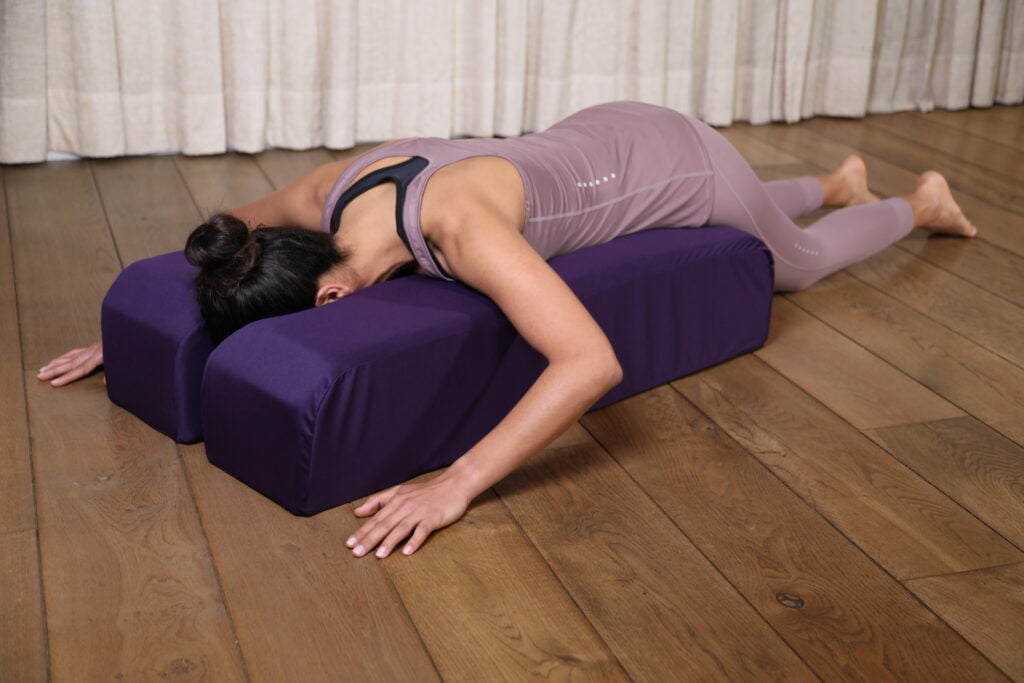
But Tuchfeld, Co-founder and CEO of Daily Backup, the company behind CogniSpine, claims his invention is the most straightforward method of tackling the problem for the millions of people suffering from stress and back pain.
“Vagal activation is possible today only through pills, electrodes implanted in the neck or guided and controlled breathing with a biofeedback system. With us it happens effortlessly,” he says.
CogniSpine, which took five years to develop, helps remove pressure built up from years of prolonged sitting, without the need of therapies like spinal adjustment and acupuncture, or even surgery, he says.
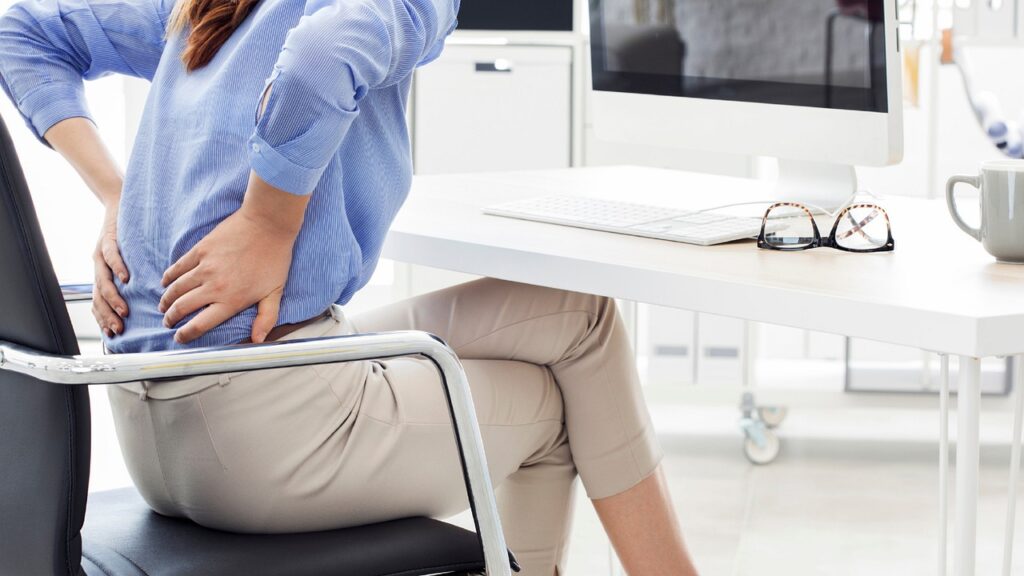
He tells the story of Yael Binyamini Levin, 89, who suffered lifelong back pain after a car accident during Israel’s War of Independence in 1948.
She hated the strong painkillers she was prescribed and said a 15-minute lie down on CogniSpine calmed her, relieved her back pain, and allowed her to get on with her day.
“Modern lifestyles have a huge constraint on our body. We’re sitting all day, driving, and being stressed, and all of this accumulates in the nervous system,” says Tuchfeld.
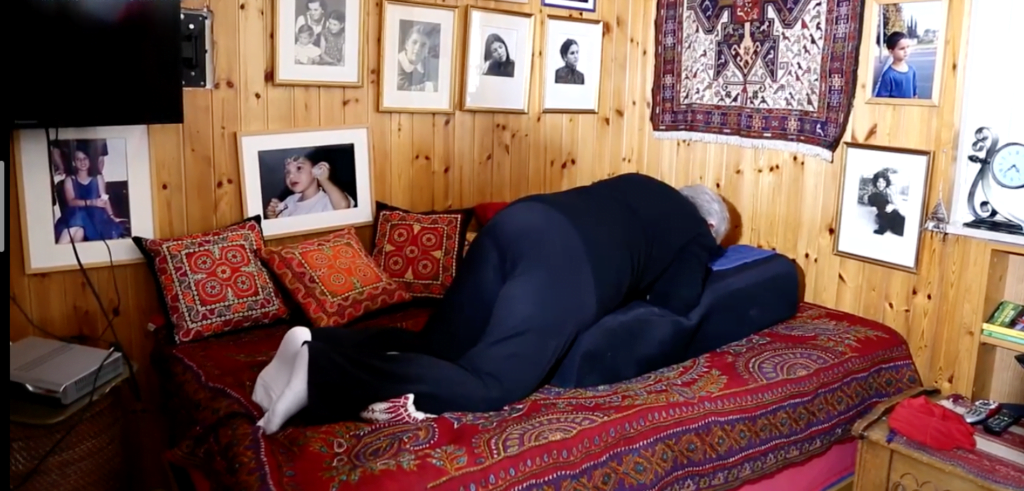
“And doing the reverse process of decompressing is very important, both mentally and physically. That’s what we’re offering with our product, by resting and lying in a prone position, and just giving yourself a break from all of the screens.”
Sign up for our free weekly newsletter
SubscribeCogniSpine was built according to ‘chiropractic principles’. It is made of viscoelastic materials, or memory foam, and adjusts to any person’s body. It is semi-inflatable, which makes it easy to transport, especially for elderly users.
Tuchfeld says it’s the first at-home product that can help people lie in a prone position, without the need for bulky equipment and therapies or medical supervision.
“It offers unique benefits that other self-care products do not. It naturally decompresses your spine without the use of force,” he says.

“It also stimulates the vagus nerve. The idea is to enable you to respond to emotional distress, prevent the accumulation of damage by decompressing your spine, and help your breathing system.
“It activates processes, systems, and organs simultaneously. And you cannot do all of this on a regular mattress.
CogniSpine is used by physiotherapists in Israel and by wellness practitioners in conjunction with acupuncture, deep tissue massage, and guided meditations.
“The problem we tried to initially solve was how to enable pregnant women to lie in a prone position to release the tension in the spine, because they usually struggle with back pain,” says Tuchfeld. “It’s a hormonal thing that creates an imbalance between the spine and pelvic floor.”
But over time, he found that the benefits of lying in a prone position were more widely applicable.

“During the last year and a half, we managed to go through the first clinical research at the University of Haifa.
“It actually explained a lot of things we understood about what’s happening with our clients since 2006, who saw a lot of improvements and a lot of change in the regard of chronic pain like in fibromyalgia.”
Daily BackUp will soon conduct clinical trials on its product to see how daily use affects diabetes and inflammation.
Tuchfeld hopes to sell the CogniSpine internationally within the next few months.
Related posts

Editors’ & Readers’ Choice: 10 Favorite NoCamels Articles

Forward Facing: What Does The Future Hold For Israeli High-Tech?

Impact Innovation: Israeli Startups That Could Shape Our Future


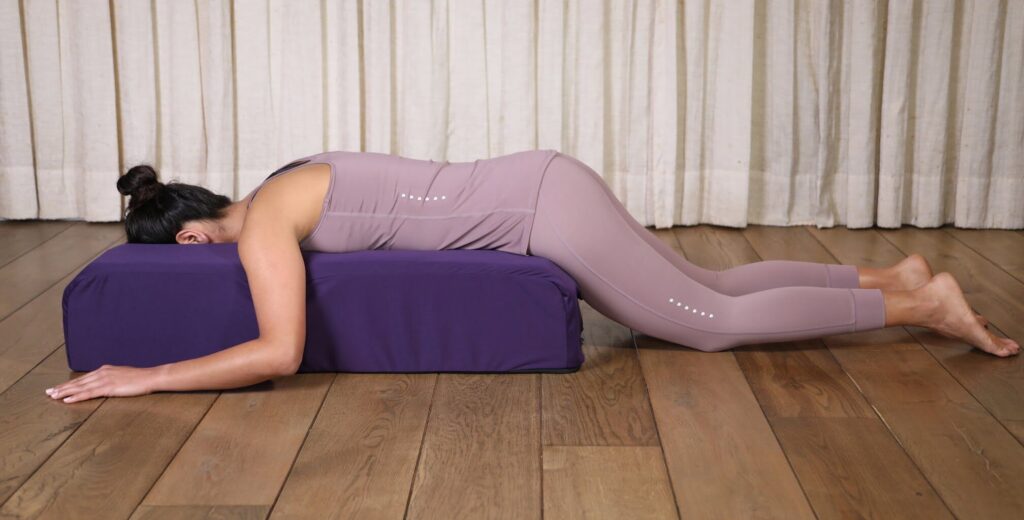

Facebook comments